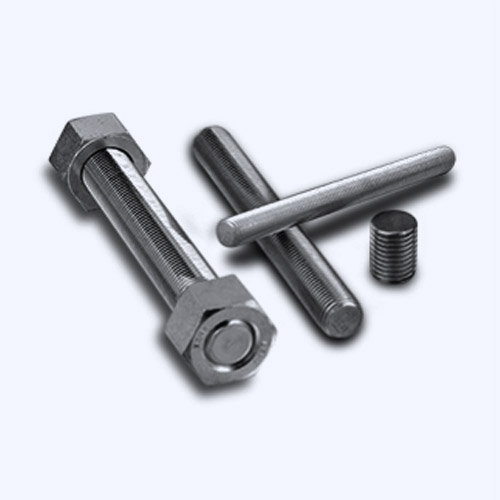Dec . 11, 2024 23:01 Back to list
drill bit for m8 anchor bolt
The Importance of Choosing the Right Drill Bit for M8 Anchor Bolts
When it comes to construction and heavy-duty applications, choosing the right tools can significantly impact the quality and longevity of your projects. One essential tool that often gets overlooked is the drill bit. This article focuses on the importance of selecting the proper drill bit for M8 anchor bolts, which are widely used in various construction settings, including concrete and masonry.
Understanding M8 Anchor Bolts
M8 anchor bolts are typically 8mm in diameter and are utilized to secure structural elements to concrete or masonry surfaces. They are favored for their strength and reliability, making them suitable for both light and heavy loads. These bolts come in various grades and materials, including stainless steel and zinc-coated options, allowing for versatility depending on environmental conditions.
To effectively install these anchor bolts, precise hole drilling is essential. An improper hole size can lead to poor anchorage, resulting in structural instability or failure. Therefore, using the right drill bit is crucial.
Types of Drill Bits for M8 Anchor Bolts
There are several types of drill bits suitable for drilling holes for M8 anchor bolts
1. Masonry Drill Bits These bits are designed specifically for drilling into hard materials like brick, concrete, and stone. Made from carbide or diamond materials, masonry drill bits are sturdy and built to withstand the rigors of drilling into tough surfaces.
2. HSS Drill Bits High-Speed Steel (HSS) drill bits are versatile and can be used for drilling into a variety of materials, including metal and wood. However, they are not ideal for concrete or masonry unless they have a carbide tip.
3. SDS Drill Bits SDS (Slotted Drive System) bits are designed for use with rotary hammers and are suitable for drilling larger holes in concrete. They work well for M8 anchors, especially in applications that require lots of power and efficiency.
drill bit for m8 anchor bolt

4. Hammer Drill Bits These are specifically designed for use with hammer drills. They provide the necessary percussion to break through tough materials while drilling.
Selecting the Right Drill Bit Size
For M8 anchor bolts, the typical drill bit size is crucial to ensure the right fit. Usually, a 10mm drill bit is recommended for M8 bolts, allowing enough space for the expansion of the anchor when it is installed. Always refer to the specifications of the anchor bolt you are using, as variations may occur based on manufacturer guidelines.
Factors to Consider When Choosing a Drill Bit
1. Material Compatibility Ensure the drill bit material aligns with the material you are drilling into. If you are drilling into concrete, opt for a masonry or SDS drill bit.
2. Drilling Technique Depending on the application, you may need to consider using a hammer drill along with the appropriate drill bit. This combination can make drilling into hard surfaces much easier and more efficient.
3. Bit Quality Investing in high-quality drill bits may seem like a significant cost initially, but they tend to last longer and provide better results. Cheap bits can break or become dull quickly, leading to frustration and increased costs in the long term.
4. Cooling and Lubrication When drilling deep holes, heat buildup can affect performance and tool lifespan. Employing proper cooling techniques and lubrication can reduce wear on your tools.
Conclusion
Using the correct drill bit for M8 anchor bolts is vital in ensuring successful installation and structural integrity. With the right tools, you can minimize errors and create a solid foundation for your projects. Investing time in choosing the appropriate drill bit not only enhances the quality of your work but also saves time and resources in the long run. Always prioritize safety and proper techniques when working with drill bits to achieve the best possible results.


